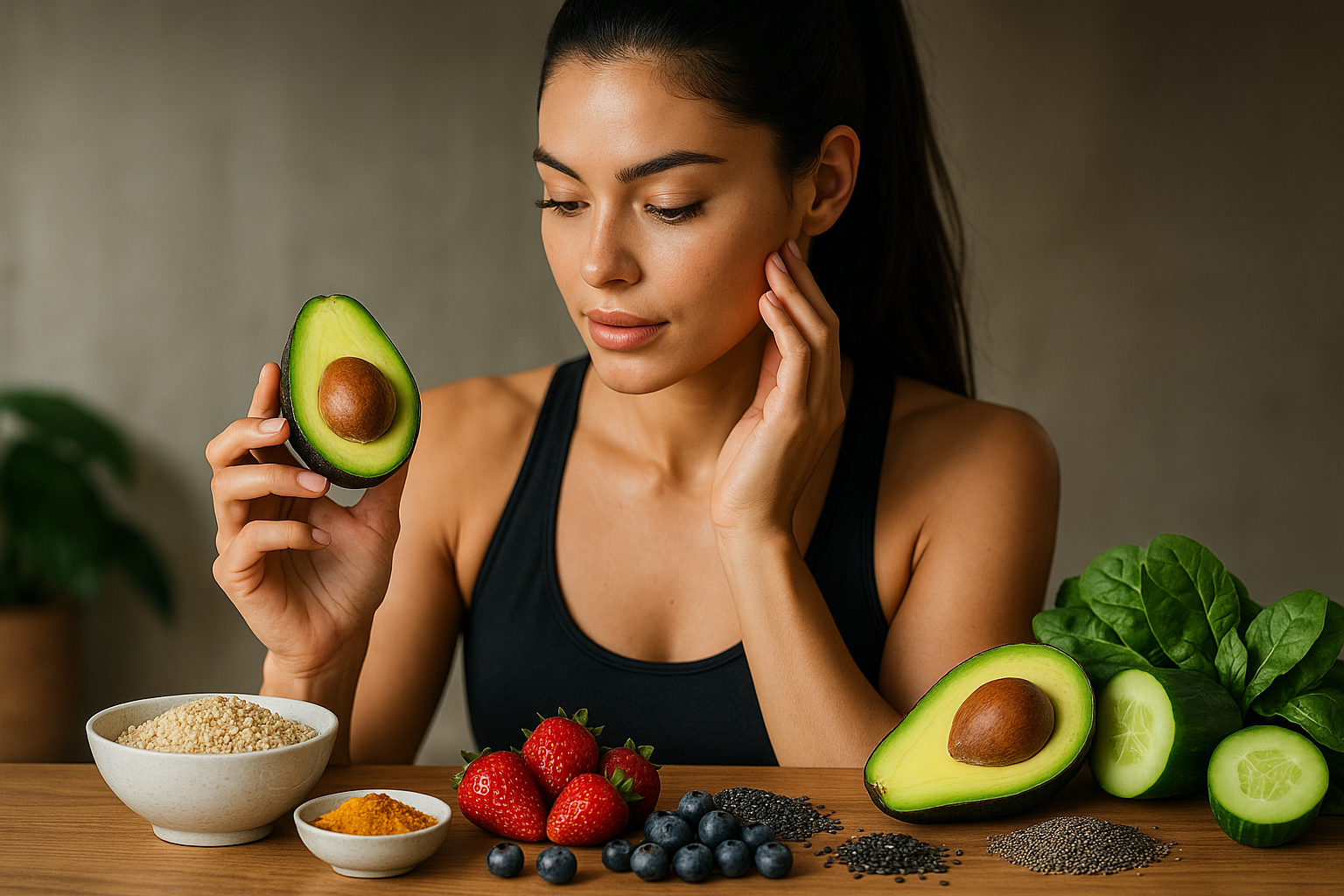Essential Colitis Foods to Avoid: A Guide to Managing Your Diet for Better Health
Living with ulcerative colitis can be challenging, but understanding how diet impacts your symptoms is crucial for managing the condition. This comprehensive guide explores the foods commonly associated with colitis flare-ups and provides practical advice on how to navigate your diet for better health. By learning to identify trigger foods and making informed choices, you can take control of your ulcerative colitis and improve your overall well-being.

What foods are commonly associated with colitis flare-ups?
Certain foods have been identified as potential triggers for ulcerative colitis symptoms. While individual experiences may vary, some common culprits include:
-
High-fiber foods: Raw vegetables, whole grains, and legumes can be difficult to digest and may exacerbate symptoms during flare-ups.
-
Dairy products: Lactose intolerance is common among people with ulcerative colitis, making milk and dairy products potential triggers.
-
Spicy foods: Capsaicin, the compound responsible for the heat in spicy foods, can irritate the digestive tract.
-
Caffeine and alcohol: These substances can stimulate the intestines and increase bowel movements.
-
Fatty or greasy foods: High-fat foods may be harder to digest and can contribute to diarrhea.
It’s important to note that trigger foods can differ from person to person, so keeping a food diary can help you identify your specific sensitivities.
How can reading food labels help identify hidden triggers?
Reading food labels is an essential skill for managing ulcerative colitis. Many processed foods contain hidden ingredients that could potentially trigger symptoms. Here are some tips for effective label reading:
-
Look for common allergens: Milk, soy, wheat, and nuts are often listed separately on labels and can be triggers for some people.
-
Check for added sugars: High amounts of sugar, especially artificial sweeteners, can cause digestive issues.
-
Be aware of preservatives and additives: Some food additives, like carrageenan, may cause inflammation in sensitive individuals.
-
Pay attention to fiber content: During flare-ups, you may need to limit high-fiber foods.
-
Watch out for hidden dairy: Ingredients like whey, casein, and lactose indicate the presence of dairy.
By carefully examining food labels, you can make informed choices and avoid accidentally consuming trigger foods.
What is the impact of diet on colitis symptoms and well-being?
Diet plays a significant role in managing ulcerative colitis symptoms and overall well-being. While food choices alone cannot cure the condition, they can greatly influence your quality of life. Here’s how diet impacts colitis:
-
Symptom management: Avoiding trigger foods can help reduce the frequency and severity of flare-ups.
-
Nutrient absorption: Proper nutrition is crucial for maintaining overall health and supporting the immune system.
-
Inflammation reduction: Certain foods have anti-inflammatory properties that may help soothe the digestive tract.
-
Energy levels: A balanced diet can help combat fatigue, a common symptom of ulcerative colitis.
-
Emotional well-being: Having control over your diet can improve your mood and reduce stress related to the condition.
By working with a healthcare professional or registered dietitian, you can develop a personalized eating plan that supports your health and manages your symptoms effectively.
What are some expert insights on nutrition myths and facts about colitis?
There are many misconceptions about nutrition and ulcerative colitis. Here are some expert insights to help separate fact from fiction:
-
Myth: All people with colitis should follow the same diet.
Fact: Diet needs vary among individuals, and what works for one person may not work for another.
-
Myth: You should eliminate all fiber from your diet.
Fact: While reducing fiber during flare-ups can help, some fiber is important for gut health when symptoms are under control.
-
Myth: Probiotics cure ulcerative colitis.
Fact: While probiotics may help some people, they are not a cure-all and should be used under medical supervision.
-
Myth: You can’t eat fruits and vegetables with colitis.
Fact: Many people with colitis can tolerate well-cooked, peeled, and seedless fruits and vegetables.
-
Myth: Stress causes ulcerative colitis.
Fact: While stress can exacerbate symptoms, it is not the cause of the condition.
Understanding these facts can help you make more informed decisions about your diet and overall management of ulcerative colitis.
How can you create practical meal plans for colitis management?
Developing a practical meal plan is essential for managing ulcerative colitis effectively. Here are some tips to help you create a balanced and symptom-friendly diet:
-
Start with a food diary: Track what you eat and how it affects your symptoms to identify safe foods and triggers.
-
Focus on nutrient-dense foods: Include lean proteins, well-cooked vegetables, and easily digestible grains.
-
Practice portion control: Smaller, more frequent meals can be easier on your digestive system.
-
Stay hydrated: Drink plenty of water to prevent dehydration, especially during flare-ups.
-
Experiment with cooking methods: Steaming, boiling, or baking foods can make them easier to digest than frying or grilling.
Remember to consult with a registered dietitian or your healthcare provider to create a personalized meal plan that meets your nutritional needs and helps manage your symptoms.
What are some alternative dietary approaches for managing ulcerative colitis?
While there’s no one-size-fits-all diet for ulcerative colitis, some alternative approaches have shown promise for certain individuals:
-
The Specific Carbohydrate Diet (SCD): This diet eliminates complex carbohydrates and focuses on easily digestible foods.
-
The Low FODMAP Diet: This approach restricts certain types of carbohydrates that may cause digestive issues.
-
The Mediterranean Diet: Rich in anti-inflammatory foods, this diet may help reduce inflammation in some people with colitis.
-
Elemental or Semi-Elemental Diets: These liquid diets provide pre-digested nutrients and may be recommended for severe cases.
-
Intermittent Fasting: Some studies suggest that intermittent fasting may help reduce inflammation, but more research is needed.
It’s crucial to discuss any significant dietary changes with your healthcare provider before implementing them, as these approaches may not be suitable for everyone and could potentially lead to nutritional deficiencies if not properly managed.
In conclusion, managing your diet is a crucial aspect of living with ulcerative colitis. By understanding which foods to avoid, learning to read food labels, and creating practical meal plans, you can significantly improve your symptoms and overall quality of life. Remember that every individual is different, and what works for one person may not work for another. Patience, persistence, and working closely with healthcare professionals are key to finding the right dietary approach for your unique needs.
This article is for informational purposes only and should not be considered medical advice. Please consult a qualified healthcare professional for personalized guidance and treatment.




